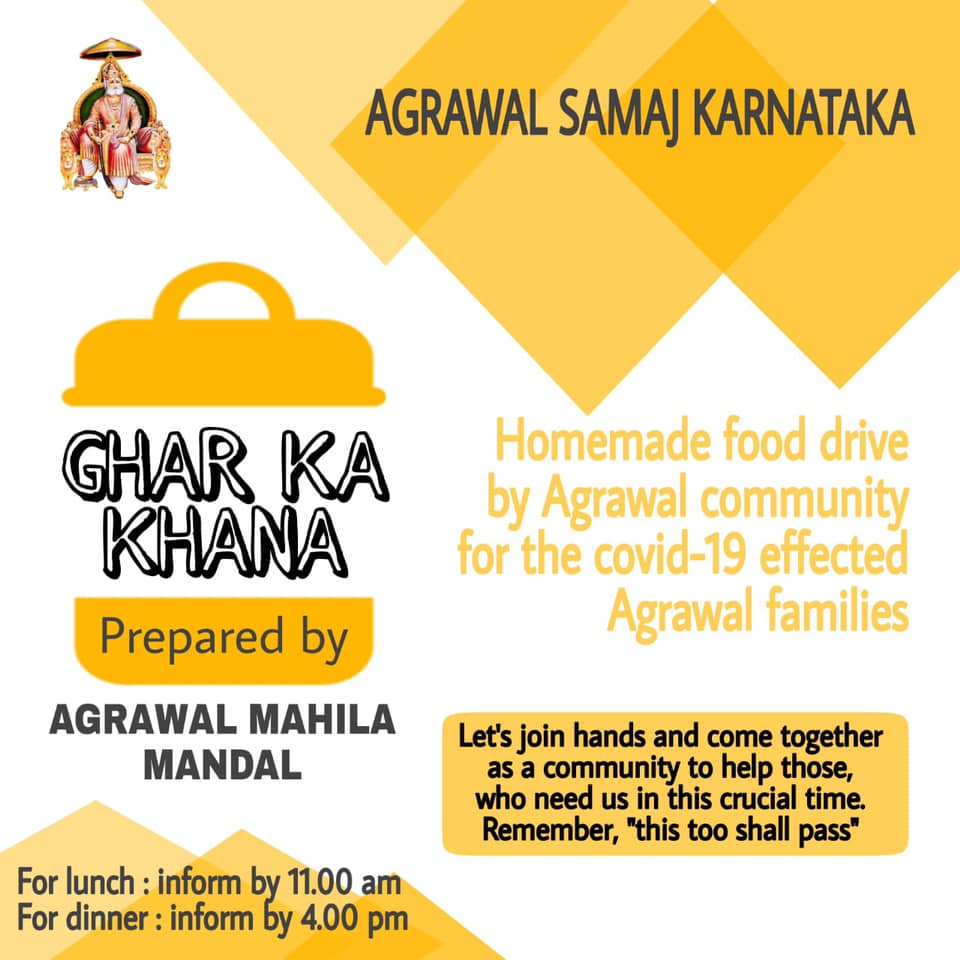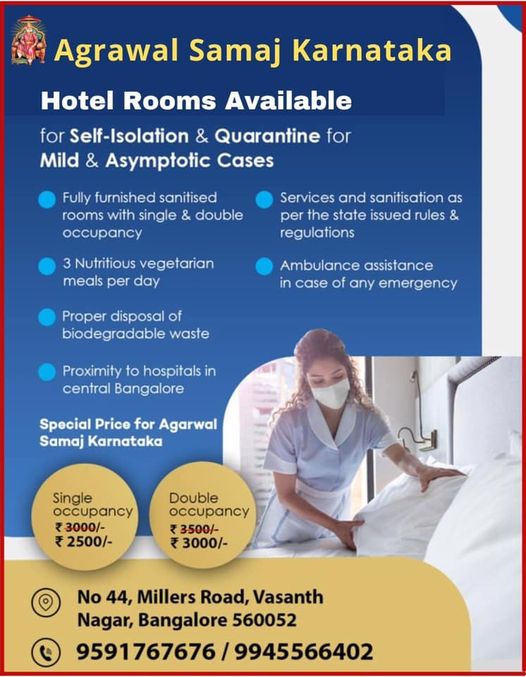It is a myth that there is no casteism in urban India. Given my caste location (privileged caste), I often do not realise how subtle casteism works in my networks. Also, as I learn more about the society’s apathy towards casteism, I realise that I have been complicit in propagating the same mostly because of my own ignorance. Anything that I am able to observe about caste is because of the assertion of my friends from the Adivasi, Scheduled Caste, Other Backward Class communities.
When the second wave of COVID-19 hit, people on social media were asking for beds, medicines, food, money, crematoriums, ambulances, oxygen and so on. Simultaneously, the vaccination drive was also gaining momentum. It felt like society had gained a new consciousness.
But had we really?
Who is my caste community?
I’ll begin by talking about my own caste community, which holds immense social, economic, and political power across the country and even outside India. Using their caste networks, they have monopolised businesses and economic activities even in the smallest towns and villages of India. This monopoly is possible due to the caste system sanctioned by Hinduism according to which the Vaishyas i.e. the mercantile class have rights from birth (male only) over trade and business.
They, along with other privileged caste communities, uphold ‘Varnashrama Dharma’ and caste purity for their own benefit. For example, one of my relatives profits from the trade of leather shoes and also oppresses people from marginalised castes who have been working in the leather industry traditionally.
After listening to the voices from the marginalised caste communities about how COVID-19 has widened the caste divide, I began observing how it was practically propagated within my own caste community at this time.
Now, coming back to the previous question – were they really helping others or were they merely basking in their cocoon of privilege, unfettered and unmoved, even now?
Role of the community in COVID relief
Many privileged caste groups run charitable organisations across the world. They pretend to do charity in the name of society’s upliftment, but in reality, charity for them is a means to gain social mobility – not an action for reform. Moreover, they work only for their own caste groups, thereby maintaining and strengthening the hierarchical system of caste oppression.
I checked out the social media page of one such organisation, run by my caste community in Bangalore, to understand the kind of free services they were offering. And I saw the following three posters, which read: “Free COVID-19 vaccination camp for Agarwals”, “Homemade food drive for Agarwal commmunity for COVID-19 effected Agarwal families”, “Hotel rooms for self isolation and quarantine – special price for Agarwal Samaj, Karnataka”



One need not have to have any special training in social justice, caste, politics to understand the blatant casteism at play here. As we know, Baniyas are a caste group who have historically been oppressors and have hegemonised every space to perpetuate oppression. One of us from the privileged castes would probably brush aside the casteism in the posters by saying things such as:
“These things happen in this country,”
“They are only helping people in need”
“They have also set up vaccination camps & provided food services which were open to all.”
This list above is only indicative and not exhaustive. It is up to each of us from the privileged castes to identify casteist statements and figure out a narrative to counter and oppose them. The dream of a society based upon the principles of equality, liberty, fraternity and justice should be upheld by each and every individual. We have to stop oppression based on caste. There is no choice here.
Also read: Sacred Bones: Caste and COVID-19 in Delhi’s Crematoriums
Intention reflects in one’s actions. If the motive here was to help people, there should not have been special reservations for hotel rooms, food and vaccination for Agarwals. These should have been available for everyone equally. One could argue that the same organisation provided similar services to others too. Then my question would be what was the need for special or separate services for Agarwals? I fail to see any other reason other than discrimination based on caste.
Another question is: How did a healthcare centre or hospital agree to make an arrangement for a separate vaccination camp for a particular caste group? The answer is simple – caste social networks. A quick search revealed that the CEO of the hospital is an Agarwal himself.
This is not a stray incident. Recently in Bangalore, there was a vaccination drive organised only for Brahmins. As the Brahmins-Baniyas are queueing up and securing vaccines for themselves, it is important to note this recent research that finds some facts about the history of vaccine hesitation in India in the context of smallpox vaccination – the ones who opposed the practice of vaccination in 1800s were the Brahmins and in 1913 the same was opposed by M.K. Gandhi.
This is not about vaccination alone. Resources are grabbed by privileged caste groups while denying the right to resources to others. Denying resources is one of the basic aspects of caste oppression. It goes deeper in the form of denying dignity, human rights, erasure of history and culture, gaslighting people and a lot more which I am not qualified to elaborate on as these are not my lived experiences.
What comes to my mind after observing the activities of the Agarwal community is this quote by Dr B.R. Ambedkar. In his book What Congress and Gandhi have done to the Untouchables, he writes,
“The Bania is the worst parasitic class known to history. In him the vice of money-making is unredeemed by culture or conscience. He is like an undertaker who prospers when there is an epidemic. The only difference between the undertaker and the Bania is that the undertaker does not create an epidemic while the Bania does.” (BAWS 9, Chapter IX: 216)
Data that was included in the United Nations’ Human Development Report 2019 showed that even as the Indian economy has grown over the last two decades, the growth has been more unequal in the country than in most other parts of the world.
Most Indian billionaires (Mukesh Ambani, Gautam Adani, Sunil Mittal, Uday Kotak) are Baniyas. A 2019 study by Oxfam India reported that the top 10% of the Indian population holds 77.4% of the total national wealth. The contrast is even sharper for the top 1% that holds 51.53% of the national wealth.
As per the latest India supplement of the Oxfam report ‘The Inequality Virus’ released on January 22, 2021, it would take an unskilled worker 10,000 years to make what businessman Mukesh Ambani made in an hour during the pandemic and three years to make what he made in a second. “India’s 100 billionaires have seen their fortunes increase by Rs 12,97,822 crores since March 2020, enough to give every one of the 138 million poorest Indian people a cheque for Rs 94,045 each.” the report said.
All this reminds me of this quote by Ambedkar from his undelivered speech Annihilation of Caste,
“Caste has killed public spirit. Caste has destroyed the sense of public charity. Caste has made public opinion impossible. A Hindu’s public is his caste. His responsibility is only to his caste. His loyalty is restricted only to his caste. Virtue has become caste-ridden and morality has become caste-bound. There is no sympathy to the deserving. There is no appreciation of the meritorious. There is no charity to the needy. Suffering as such calls for no response. There is charity but it begins with the caste and ends with the caste. There is sympathy but not for men of other caste.” (BAWS 1: 56 )
To reiterate, there is no choice. Each of us from privileged caste have to identify the many faces of caste oppression, from gruesome brutality to subtle casteism. We have to take action against it and help establish a society based on the principles of equality, fraternity, liberty and justice. This is the moral duty of every citizen of this country.
We have to always remember Ambedkar’s words from his speech in the Constituent Assembly on November 4, 1948. He said, “Constitutional morality is not a natural sentiment. It has to be cultivated. We must realise that our people have yet to learn it. Democracy in India is only a top-dressing on an Indian soil, which is essentially undemocratic.” (BAWS 13: 61)
Geet G is a a Chartered Accountant, an educator and a storyteller. As an educator & storyteller, Geet works with adolescents in the areas of social emotional learning and with adolescents with mental health needs. Geet is a non-binary person belonging to the privileged caste.
All images provided by the author

